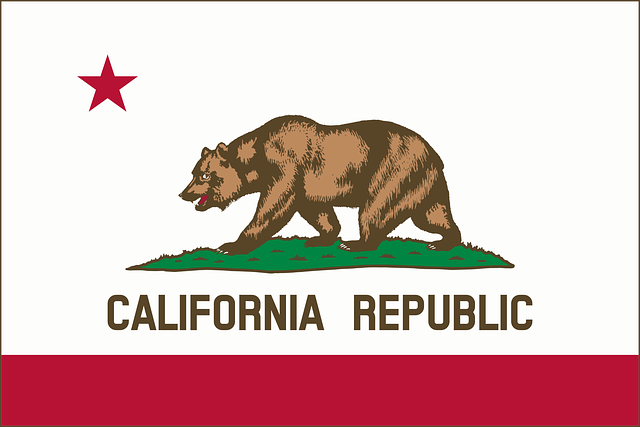Share This Article:

What Do You Think: Was Head-on Collision after Leaving Fire Camp in Course of Employment?
29 Apr, 2024 Chris Parker

Brownsville, CA (WorkersCompensation.com) – Whether a commercial traveler carrying out a personal errand is on the clock for workers’ compensation purposes depends on the circumstances. One case highlights a variety of ingredients that informed a court’s decision as it stewed over whether a young food service worker effectively exited his employment when he left a fire camp to make a call.
The 19-year-old worked for a mobile food service that provided meals for firefighters. His employer urged personnel not to leave camp and drive to town, “if possible.” The company also went out of its way to provide everything its employees would need on site. It never strictly prohibited staff from leaving.
One night, the employee left camp during the long stretch of off-hours and came between his shifts. He left, using his own vehicle, because he wanted to call home and could not get cell reception at camp. He did not first obtain approval to leave, although the employer’s policies required that he do so.
While driving on a state road, his car went into the southbound lane and collided head-on with an oncoming van. He suffered a fractured femur and a severe closed head injury.
The food serve company opposed his workers’ compensation claim, arguing that driving out of camp to make a personal call was a material deviation from work. The board disagreed and affirmed the claim. The company appealed.
Under the "commercial traveler" rule, the court explained, an employee traveling on the employer's business is regarded as acting within the course of employment during the entire period of travel.
For commercial travelers,workers' compensation coverage applies to injuries the employee sustains during the course of personal activities "reasonably necessary for the sustenance, comfort, and safety of the employee," such as procuring food and shelter. However, personal activity not reasonably contemplated by the employer may constitute a material departure from the course of employment.
Was the worker’s drive a material departure?
A. No. Under the circumstances, the company should have expected him to leave.
B. Yes. He was leaving to make a personal phone call that was not work-related.
If you selected A, you agreed with the court in 3 Stoned Eggs, Inc. v. Nanez, No. C098711 (Cal. Ct. App. 04/23/24, unpublished), which affirmed the board’s decision that the accident occurred in the course of employment.
The court acknowledged that the employer discouraged personnel from leaving camp, and tried to provide everything they needed so they wouldn’t leave. However, that wasn’t enough to show that the worker’s conduct was a material deviation. In fact, its efforts to restrict employees, the court noted, from driving into town "if possible" was a recognition that employees might do so.
Find your way to state info from California or the rest of the U.S. with Simply Research
In finding that the employer should reasonably have expected that the employee would leave the site to make a personal phone call, the court also highlighted the employee’s “age, his having his personal vehicle with him, the structure of his shifts, the remoteness of the camp, and his not being prohibited from using his vehicle during his off hours.”
Given the circumstances, it would have been reasonable for the company to expect him to leave, with or without permission.
The court affirmed the board’s decision.
AI california case file caselaw case management case management focus claims compensability compliance compliance corner courts covid do you know the rule exclusive remedy florida glossary check Healthcare hr homeroom insurance insurers iowa kentucky leadership medical NCCI new jersey new york ohio pennsylvania roadmap Safety safety at work state info tech technology violence WDYT west virginia what do you think women's history women's history month workers' comp 101 workers' recovery Workplace Safety Workplace Violence
Read Also
- Dec 13, 2025
- Chris Parker
- Dec 12, 2025
- Chris Parker
About The Author
About The Author
- Chris Parker
More by This Author
Read More
- Dec 13, 2025
- Chris Parker
- Dec 12, 2025
- Chris Parker
- Dec 11, 2025
- Chriss Swaney
- Dec 11, 2025
- Liz Carey
- Dec 11, 2025
- Frank Ferreri
- Dec 10, 2025
- Liz Carey




